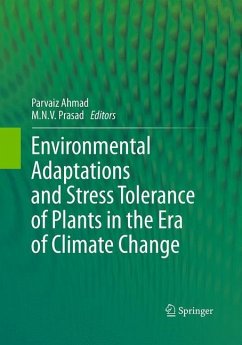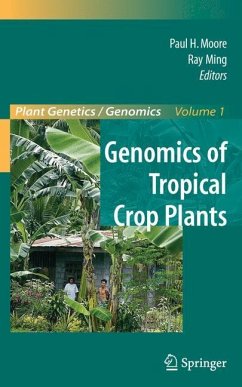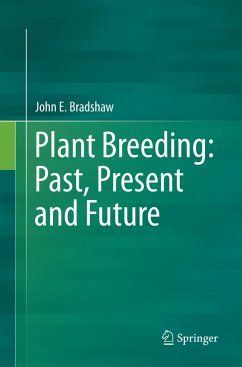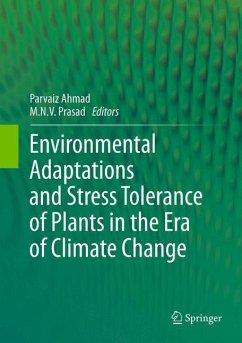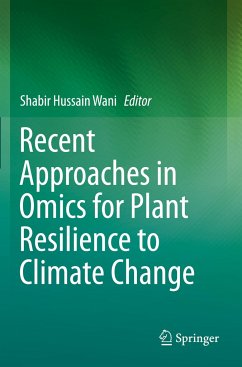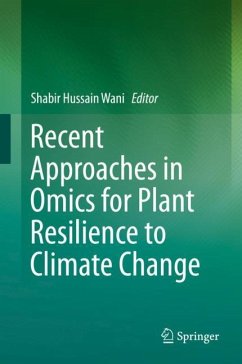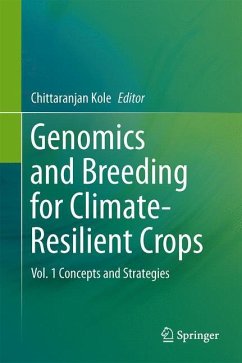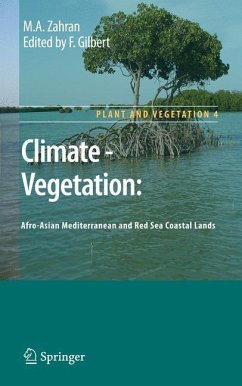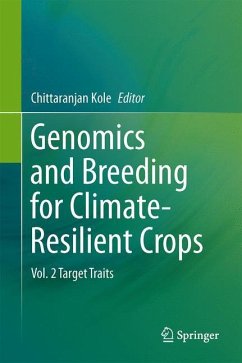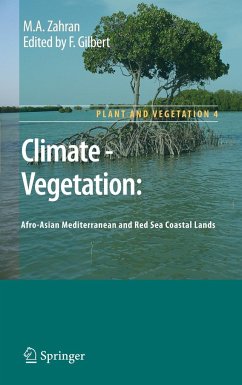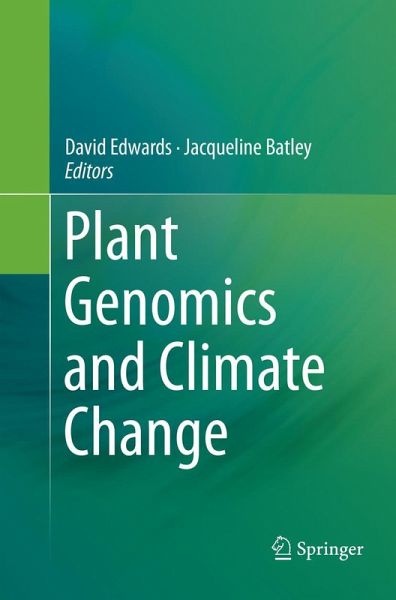
Plant Genomics and Climate Change
Versandkostenfrei!
Versandfertig in 6-10 Tagen
76,99 €
inkl. MwSt.

PAYBACK Punkte
38 °P sammeln!
This book explores the impact of climate change on agriculture and our future ability to produce the crops which are the foundation of the human diet. Specifically, individual chapters explore the potential for genomics assisted breeding of improved crops with greater yield and tolerance to the stresses associated with predicted climate change scenarios. Given the clear and unmet challenge to mitigate climate changing events, this book will be of wide interest from plant breeders and environmental scientists, government bodies through to a more general audience who are interested in the likely...
This book explores the impact of climate change on agriculture and our future ability to produce the crops which are the foundation of the human diet. Specifically, individual chapters explore the potential for genomics assisted breeding of improved crops with greater yield and tolerance to the stresses associated with predicted climate change scenarios. Given the clear and unmet challenge to mitigate climate changing events, this book will be of wide interest from plant breeders and environmental scientists, government bodies through to a more general audience who are interested in the likely impact of climate change on agriculture.



